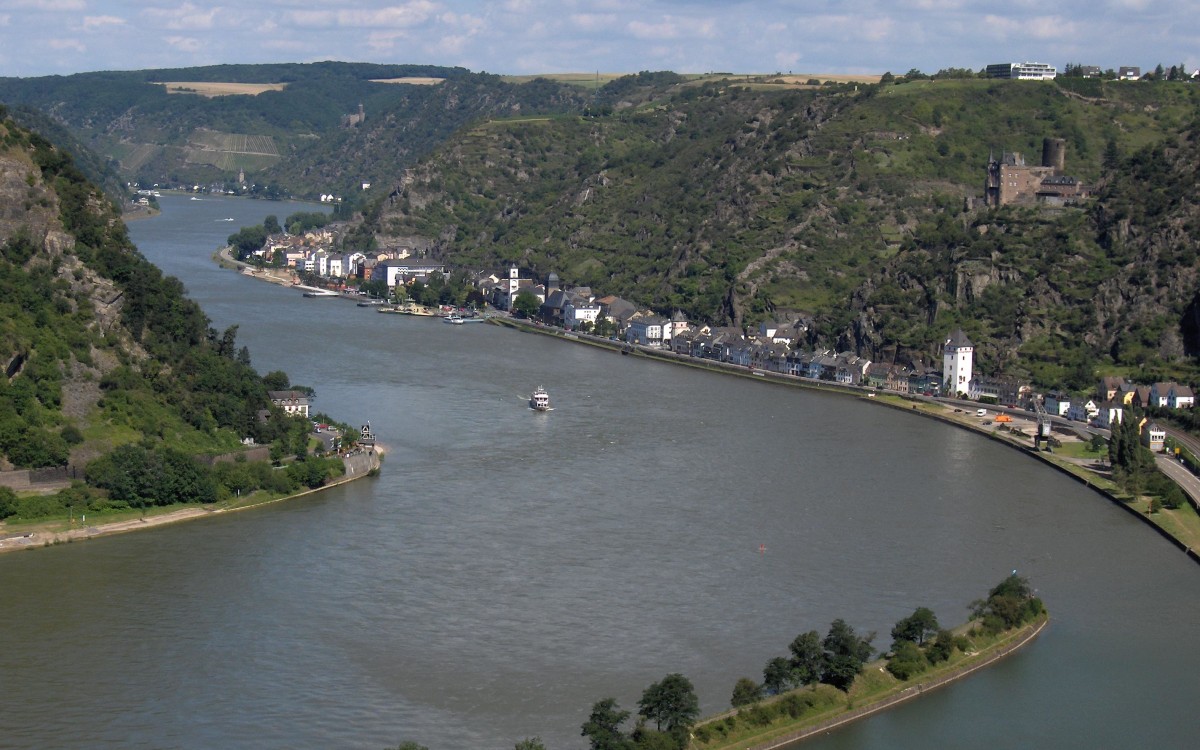Sensibilities and vulnerabilities of small and medium enterprises in the Upper Rhine Region

The case study focusses on the Rhine as a "river infrastructure", and how the consequences of climate change pose new risks to river transport such as drought, diminishing the water level.
Case content
Threats include increased costs for shippers and carriers and the use of land-based transport, which is more expensive (increased costs) and less environmentally sustainable. As the Rhine is an international region, the arenas form for discussion and decision-making are cross-border.
Research Innovations
- Gathering information from a sample of actors representing the problem
- The identification of evaluation parameters (PE) and action parameters (PA) allowing respectively to locate the problems on an intensity scale (severity) and the possible solutions to remedy them
- the construction of a graph of contradictions arising from the evaluation and action parameters
- Improved methods for analysing cascading impacts of climate-related hazards
- Improved assessment of economic and environmental consequences"
Study areas
Upper Rhine ports; Strasbourg, Kehl and Basel.
Stakeholders involved
Relationship established with:
- The Port of Strasbourg (Port Autonome de Strasbourg - PAS)
- Waterways of France (Voies Navigables de France - VNF)
Intended: Shippers, Transport operators, Infrastructure managers, etc.
Summary data collection
Mix of existing data, freely available data to be acquired (climate, forecasts, economic data), local data of stakeholders (might be - and remain - private)
Expected results
1) Added value for stakeholders: better understanding of the risk of extended periods of low water of major European / German inland waterways on the supply chains based on the Sea Port Hamburg and inland harbours on the Rhine
2) Methodological improvements: improved consequence analysis, improved cascading effects analysis
3) Good practices in stakeholder training, co-production of knowledge, and presentation of results
Case study responsible
Institut National des Sciences Appliquées de Strasbourg (INSA)
